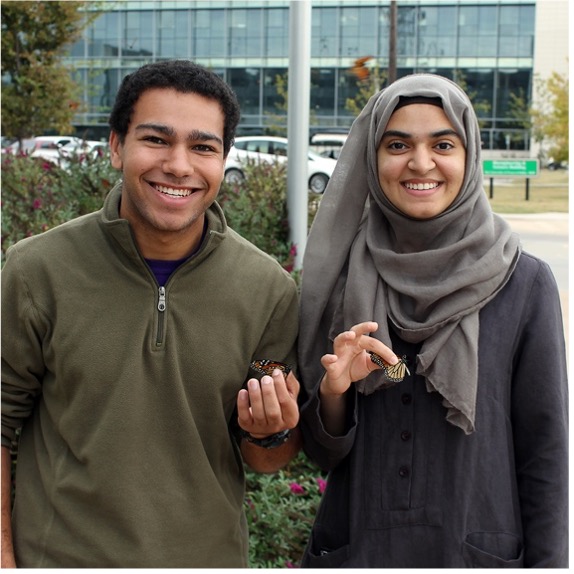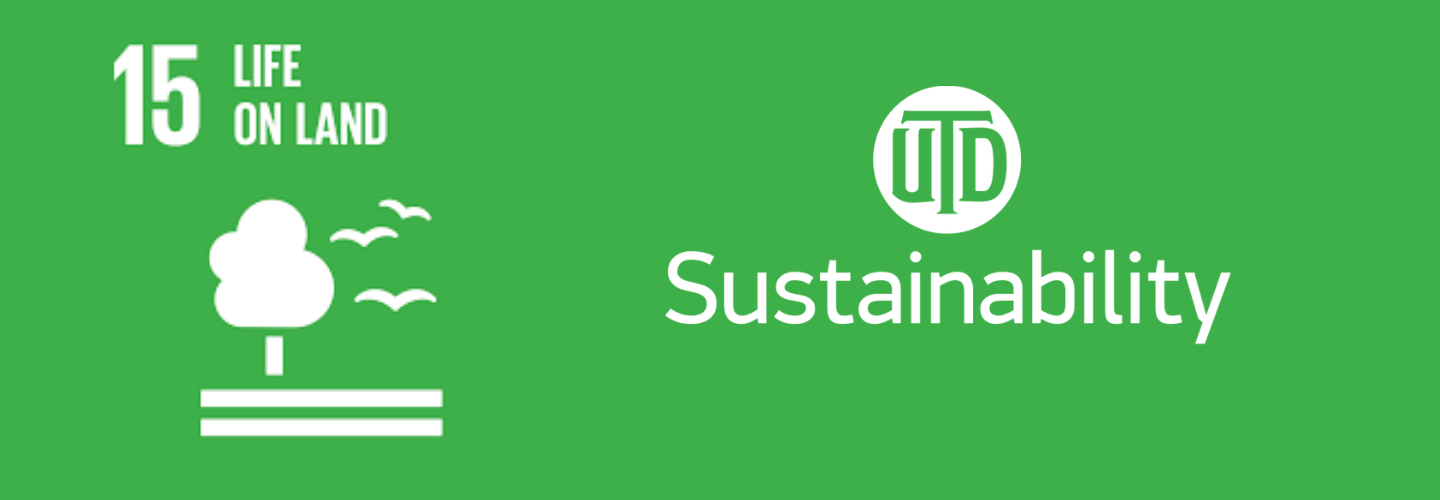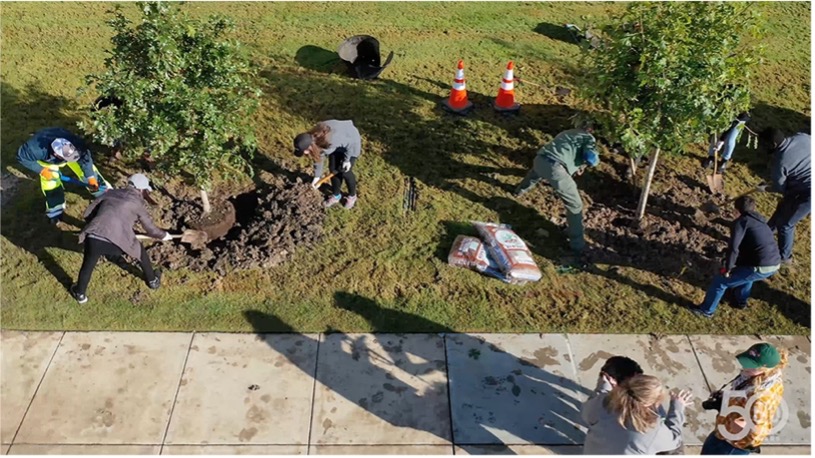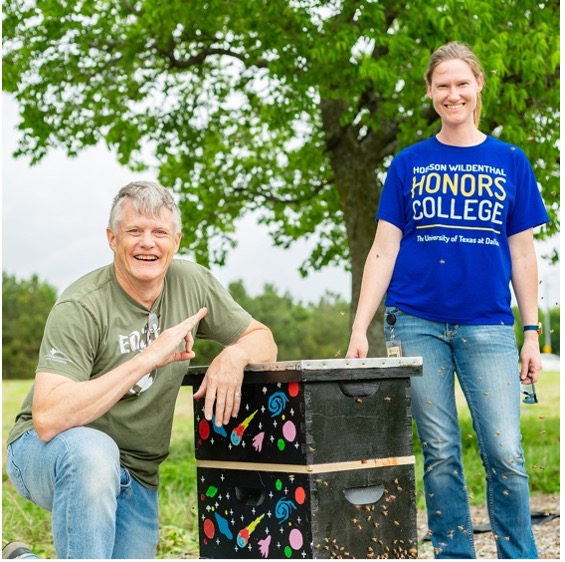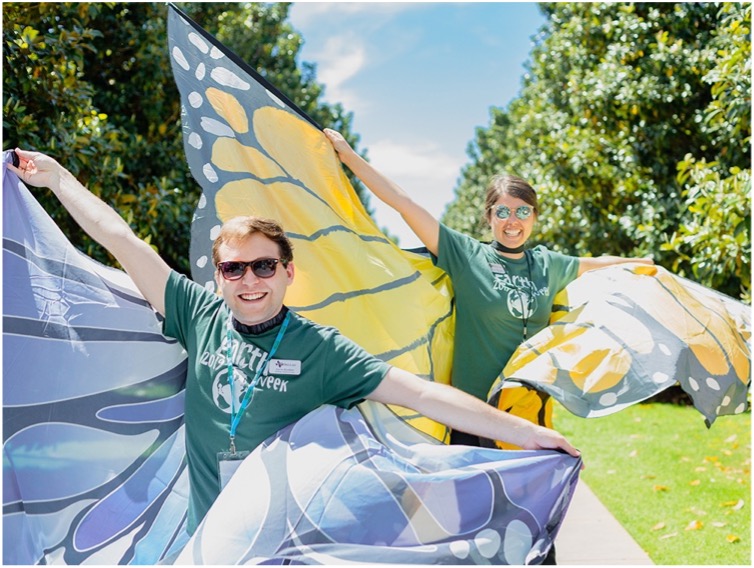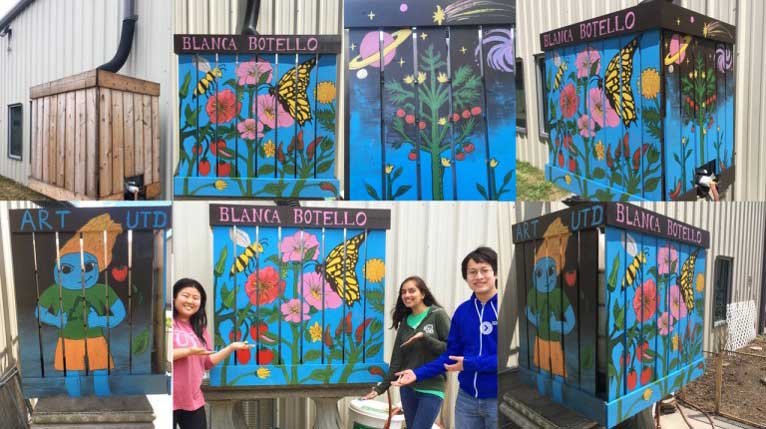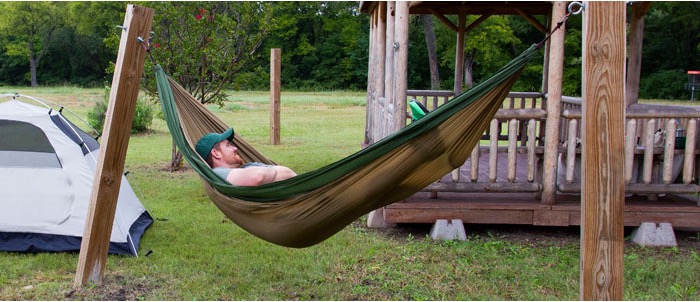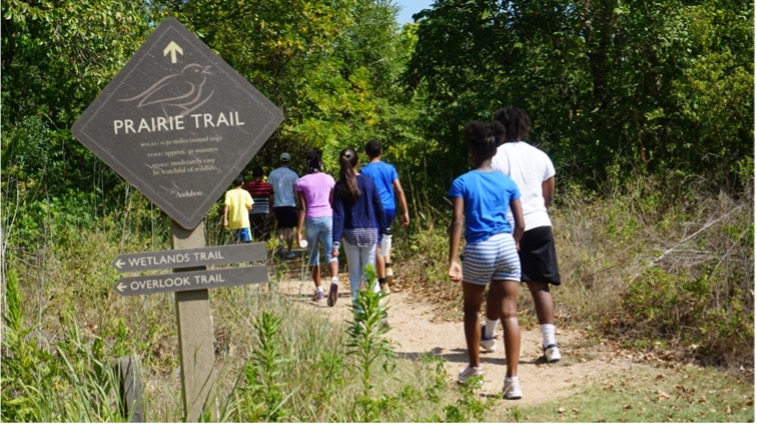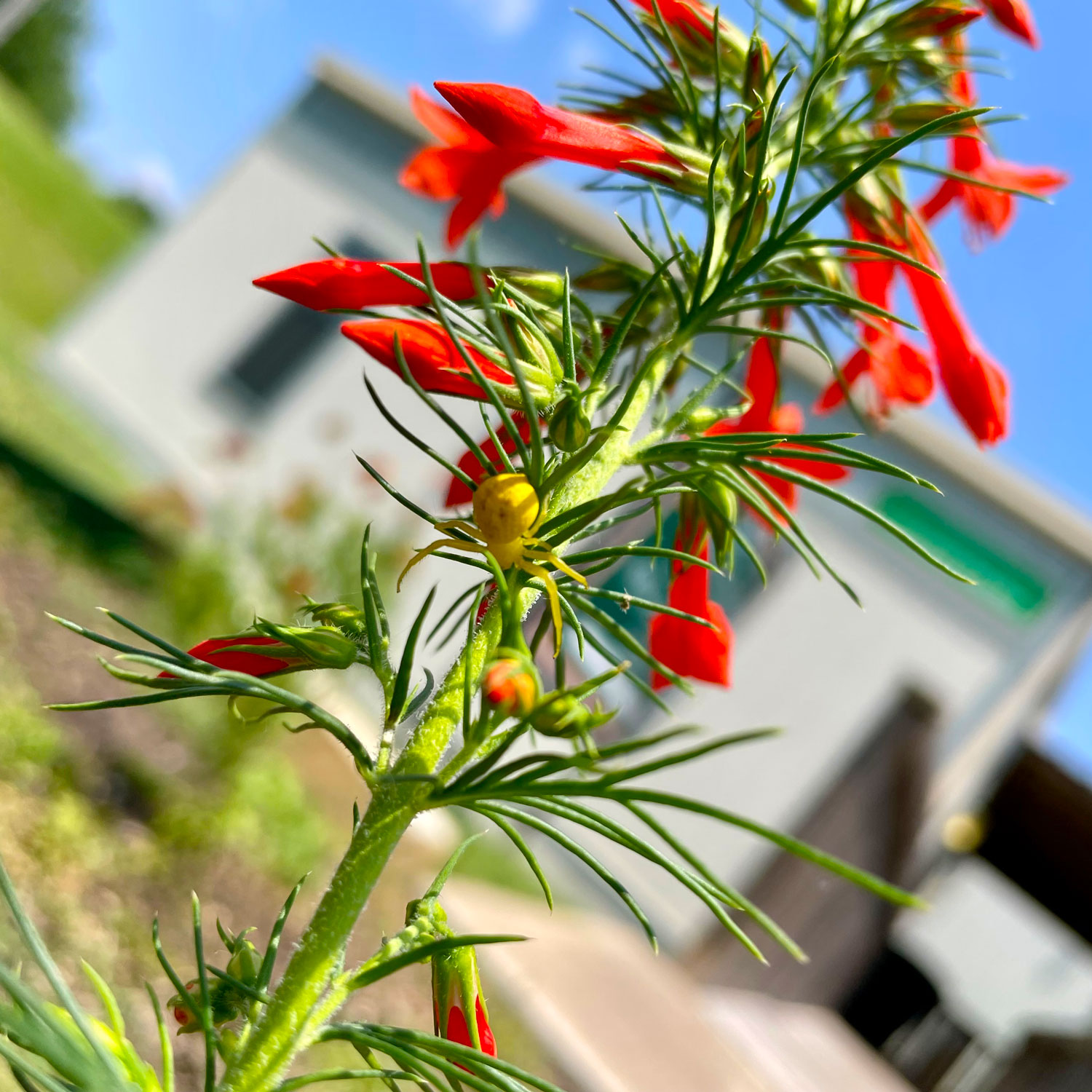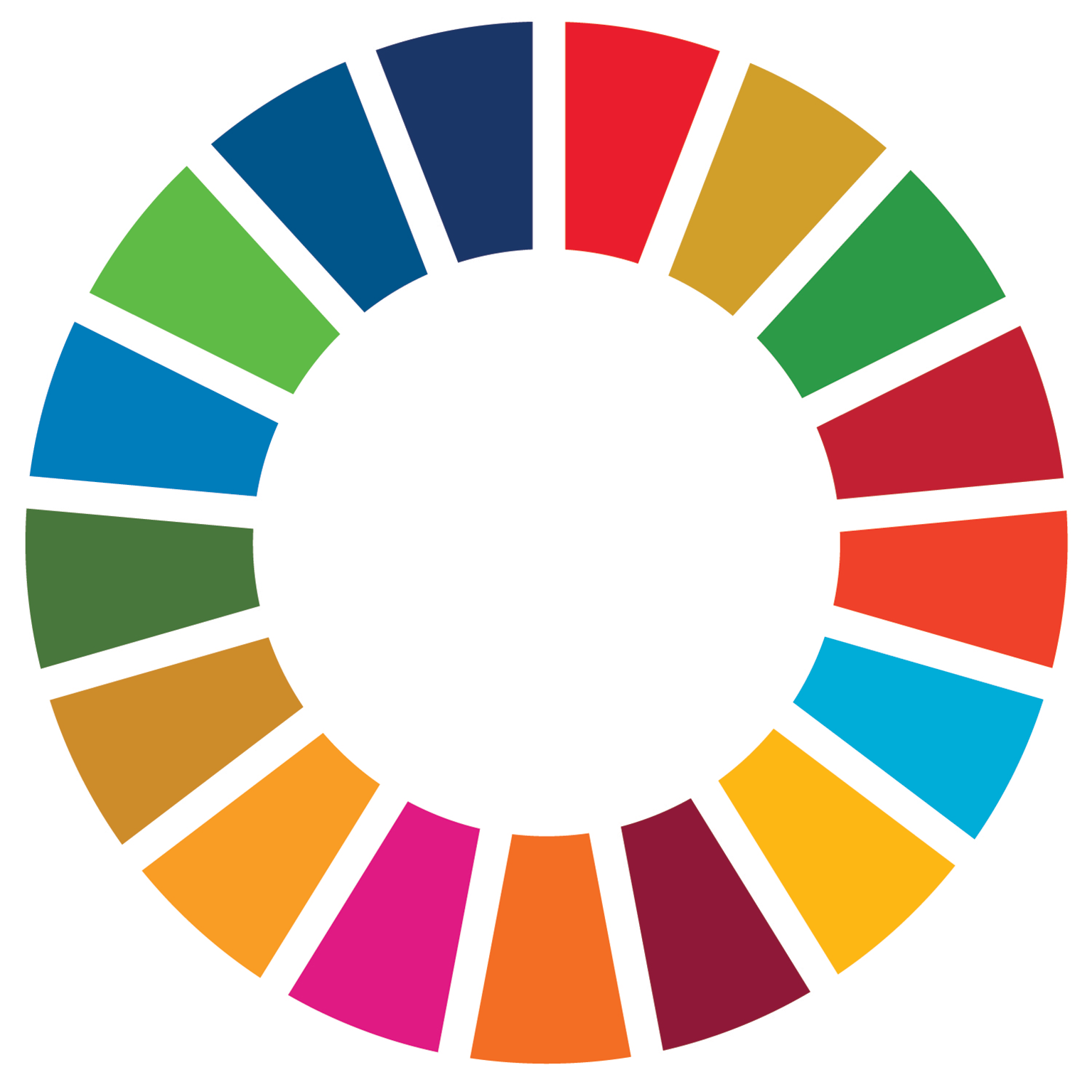Protect, restore and promote sustainable use of terrestrial
ecosystems, sustainably manage forests, combat desertification, and halt and
reverse land degradation and halt biodiversity loss.
Life on Land Globally
The ultimate goal of SDG 15
is to protect, restore, and promote sustainable use of terrestrial ecosystems. In
achieving this goal, the United Nations has identified several separate issues,
including combating desertification, land degradation, and biodiversity loss.
Additionally, the sustainable management of forests has been identified for its
importance in ecosystem preservation and services.
Currently, an estimated 1 million animal and plant species are
facing extinction. Additionally, deforestation and desertification for further human
development is threatening the land and air quality of many communities across the world.
When human populations encroach on fragile ecosystems, we threaten both the wildlife
living there and ourselves by introducing possible zoonotic diseases. Preserving Life
on Land requires recognition of the services the natural environment provides us, and
cooperation to maintain the current quality of our planet.
Life on Land Locally
Across Texas, ecosystems vary from dry deserts to swampy wetlands. Some native
species include whooping cranes, monarch butterflies, and Texas horned lizards. These
species will soon face treats of increased litter pollution and climate change.
In a highly urbanized area such as
DFW [Dallas / Fort Worth] ,
it is even more essential that an effort is made to protect native plant and animal
species. Organizations such as the DFW Wildlife Hotline and Dallas Zoo strive to protect reduce harm on local wildlife
species. At UT Dallas, we make an active effort to do our part in preserving
natural lands and promoting biodiversity.
Highlights
Habitat Preservation
SDG 13: Climate Action
SDG 14: Life Below Water
UT Dallas sits in Texas’ Blackland Prairie. The Blackland Prairie region
is a strip of dark, rich soil encompassing much of Dallas and following the I-35 corridor.
Facilities Management has established a No-Mow Zone to encourage native prairie grasses
and give plants an opportunity to reestablish. Mowing less and planting native species
are a key part of our prairie restoration program. An eight-acre area on the southwest
corner of campus is the home of the restoration and our largest Monarch Waystation.
Native pollinators, like Monarch butterflies, Bumblebees, Mason Bees, and Honeybees,
are crucial to the proliferation of many flowering and fruit producing plants. Office
of Sustainability employees also upkeep the area by planting milkweed, a plant native
to the North Texas area, each year. In fall 2022, the Office experimented with four different kinds of cover crops to increase nitrogen in the soil and to reduce soil compaction, and incorporated the findings into the UTD Eco Hub.
Tree Campus Higher Ed
SDG 3: Good Health and Well-Being
SDG 13: Climate Action
UT Dallas has received Tree Campus USA designation from the Arbor Day Foundation.
The program helps colleges and universities establish and sustain healthy community forests.
Tree-planting events also take place annually on campus with education provided to students
regarding proper tree planting and tree care techniques.
Pollinator Habitats
SDG 4: Quality Education
SDG 13: Climate Action
The University of Texas at Dallas is home to a certified Monarch Waystation
where students have the opportunity to explore and volunteer at the location while
witnessing nature evolve.
UTD utilizes 2 apiaries on campus for classroom teaching, student, and faculty
research, and for outreach programs. The profits from
honey sales are used to support further sustainability initiatives on campus. Led by a
Bee Campus USA Committee, students/staff/faculty intended to coordinate and
lend aid to individual conservation efforts, to evaluate the current state of conservation
on campus, and to oversee the progression and improvement of conservation efforts in the
areas of habitat, service learning, and outreach by helping to create long term policy
and structural changes in the University to support pollinator conservation.
Bio Blitz
SDG 4: Quality Education
SDG 9: Industry, Innovation and Infrastructure
In Spring 2019, UT Dallas hosted its first BioBlitz at its 10-acre monarch
waystation in order to assess biodiversity at the area and to help with the
DFW [Dallas / Fort Worth]
metroplex effort in the City Nature Challenge. Citizen scientists assisted with
biodiversity assessment in this STARS report and contributed to the #8 global
(#3 US) ranking in the City Nature Challenge which advances scientific
research globally. At the event on April 26th, 348 observations of 113 species were
logged in 2 hours. While no vulnerable or endangered species were identified at that
time, ongoing observation will allow for the detection of any changes in the ecological
balance of the area.
Campus Bio Blitzes are now an annual event hosted by the Office of Sustainability
seeking to educate the UT Dallas community about plant and animal identification and
to log the vast array of flora and fauna on campus. You can see a running list of the more
than 660 species observed UT Dallas campus on iNaturalist.
Blanca Botello Garden
SDG 2: Zero Hunger
SDG 11: Sustainable Cities and Communities
Mural painted by UTD Students at the BB Garden
The Blanca Botello Garden was dedicated in 2016 to honor a former Office of
Facilities Management staff worker. As of 2022, the garden is taken care of by
Facilities Management staff. The vegetables that are grown in the garden are returned
back to Facilities Management staff.
UREC Outdoors / Leave No Trace
SDG 11: Sustainable Cities and Communities
SDG 12: Responsible Consumption and Production
The goal of UREC Outdoors is to learn new skills and care for the earth by
following the principles of Leave No Trace. University Recreation provides experiences
on campus and throughout North Texas led by UREC staff members. This includes camping,
kayaking, ziplining, and hiking excursions. UREC Outdoors allows students to enjoy
their natural environment while preserving Life on Land.
UNIV 3310: Intersectional Environmentalism Through Habitat Restoration and Service Learning
SDG 4: Quality Education
SDG 17: Partnerships for the Goals
First offered in fall of 2021 and returning in spring 2024, a new class will be
offered for UT Dallas students. This class will be held in partnership with the
Trinity River Audubon Center. Students will learn habitat restoration from
TRAC [Trinity River Audubon Center]
experts while providing stewardship of an acre of the facility. Lectures, guest lectures,
and reflections will highlight the intersectionality of environmentalism, social justice,
and economics. Reflections and discussions will also allow for a personal exploration
of interests related to sustainability and environmentalism.
Pocket Prairie
SDG 11: Sustainable Cities and Communities
SDG 13: Climate Action
A spider climbs up the stalk of a Texas Plume
In 2022, a pocket prairie was established in the Facilities Management complex
adjacent to Lot S. This pocket prairie, modeled after the Blackland Prairie on
which UT Dallas sits, serves as an educational tool for students to learn to
identify native plants and to provide ecosystem services in the form of erosion
prevention, water filtration, and aesthetic value. You can view a list of plants found
in the pocket prairie on iNaturalist.
Goals / Future Work
- Advertise fruit picking from fruit trees near residence halls for UTD students
- Continue expanding Bee Campus and Tree Campus programming
Learn More
- Take the online courses regarding Life on Land from SDG Academy
- Learn more about the targets and indicators at the UN Global Goals website
